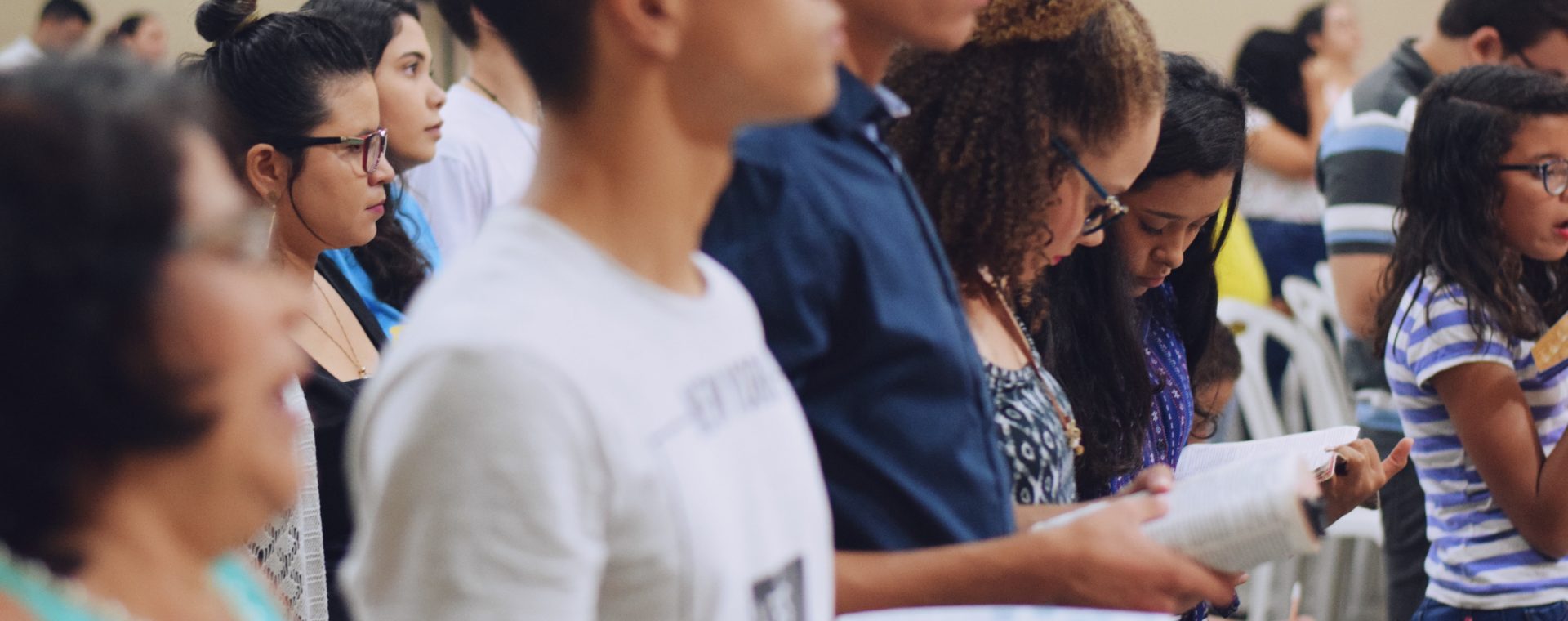
Decisions about languages to teach and use as part of formal schooling directly impact educational outcomes globally. They influence the accessibility of content and create implicit messages about whether students’ heritages and identities are welcome and capable of succeeding at school.
Current language policies in many contexts negatively impact educational opportunities for indigenous and migrant speakers of minoritized languages, as well as for majority language speakers who are not motivated to learn additional languages. Statistics suggest that as many as 40% of the world’s children are studying in languages they do not fully understand, while in the United Kingdom and the United States study of languages other than English is dropping dramatically.
Current policies often derive from concerns that multilingualism is a threat to national identity or too difficult to promote in schools with limited resources. As part of the 2019 WISE Research Series, Language Policy in Globalized Contexts argues that these fears are based on an Ideology of Competition. This flawed ideology views languages as a bounded phenomenon with respect to both geographic and cognitive spaces. Adding additional languages to a space, whether the space is a mind or a country, creates competition and poses a threat.
Multilingualism increasingly characterizes both places and people in part because of the virtual and physical mobility associated with globalization. Communities in the Global North and South are populated by people for whom languages provide connections to identity and heritage, a sense of national cohesion, and opportunities for wider communication outside of the local space. The languages, and needs for language, in any given place, are dynamic and emerging, however.
Multilingualism does not mean knowledge of multiple, independent languages. The report argues for what researchers refer to as a multi-competence perspective, which recognizes some linguistic knowledge as specific to particular languages and other knowledge as common to multiple languages. From this perspective, there is little difference between the individual who uses English slang with friends, Southern United States pronunciations with family, and standardized academic English at work and the individual who speaks Urdu with friends, Punjabi with family, and English at school.
Educational systems that promote multilingualism should not be seen as adding new threats to social cohesion or cognitive load; instead, they build resources for communities and people. Unfortunately, the message for indigenous and migrant speakers of minoritized languages too often is that they should forget the resources they already have and adopt the language practices of majority groups. Ironically, majority language speakers are often encouraged to learn new languages so that they can engage with speakers of other languages—in other places.
To counter these trends, the report proposes three Principles for Collaboration that take into consideration how languages are used today, what it means to know language, and how we can use language learning to create more equitable societies:
- accommodate the dynamic needs of individuals and societies for language resources;
- view multilingualism holistically; and
- foster respect for difference.
The increasing heterogeneity of local contexts makes it difficult to propose instructional models for language education based on student demographics. Moreover, it is important to recognize that the instructional target is not a compilation of additional languages but rather the development of abilities that characterize a multilingual individual. Multilinguals can operate in one or another language when they need to but they also frequently use multiple languages as part of a single conversation and have a heightened awareness of similarities and differences between how tasks are accomplished in multiple languages.
Translanguaging, a pedagogical approach that accepts the dynamic use of resources from multiple languages as a normal form of communication for multilinguals has emerged as a way of building new resources from the resources brought to the classroom by diverse students. Students need to be able to suppress what they know how to do in one language in contexts where others will not understand them, but they also should be able to demonstrate freely linguistic abilities not tied to a single language, such as locating information, structuring an argument, and creating multilingual texts.
Policy changes always present implementation challenges. The report concludes with suggestions and examples for overcoming challenges from the author’s experiences in the globalized context of Qatar including how to support teachers as they transition to more multilingual instruction, assess multilingual uses of language, and lay the groundwork for public support of multilingual education.
Multilingual education based in the Principles for Collaboration has the potential to transform educational outcomes for large numbers of students around the world and contribute to the attainment of the United Nations Sustainable Development Goal 4 for quality education. The vision for the report, therefore, is for an Ideology of Collaboration, where:
- Education contributes to cohesive societies where all people feel empowered by their language resources and negotiation skills.
- Multilingualism is synonymous with cognitive and social development.
- Minoritized languages and their speakers are valued as sources for invention and renewal.


